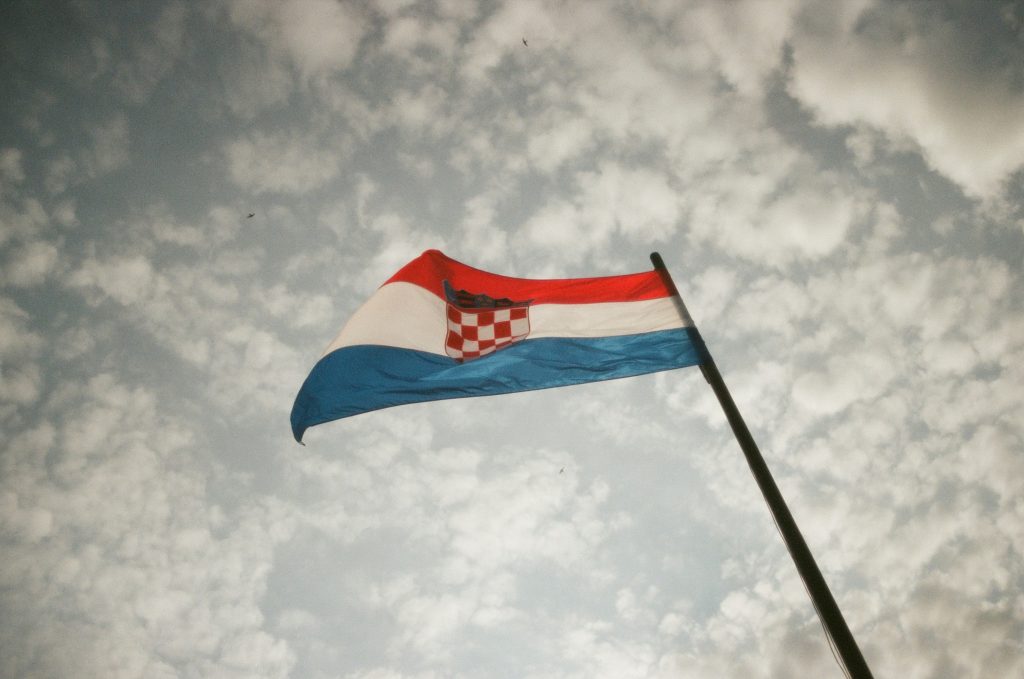April the 8th, 2024 – The construction of four new Croatian gas pipelines have been planned and the contract has now been officially signed off.
As Poslovni Dnevnik writes, the contract on the construction of the four new Croatian gas pipelines was signed by the Ministry of Economy and Sustainable Development, the Fund for Environmental Protection and Energy Efficiency and the company Plinacro. Based on the addition of the National Recovery and Resilience Plan for 2021-2026, it seems that 533.08 million euros has been set aside for this hefty project.
The construction of four new Croatian gas pipelines is planned in the following areas: Zlobin – Bosiljevo, Bosiljevo – Sisak, then Kozarac – Sisak and Zabok – Lučko, which will transport gas from the LNG terminal on the island of Krk to neighbouring Slovenia, Hungary and other countries within Southeastern Europe.
“All of the new Croatian gas pipelines will have the possibility of gas flow in both directions and will be included in the system of monitoring and managing the gas transport network of Plinacro,” it was stated at the signing of the contract within the Ministry of Economy and Sustainable Development.
The head of the aforementioned ministry, Damir Habijan, stated that the signing of this significant contract is of great importance for the continuation of the energy transition, as well as the transformation of the entire energy system.
“Russia’s aggression against Ukraine established a greater need for a safe supply of natural gas throughout the EU, including additional investments in the gas infrastructure itself,” said Habijan, recalling that back in August 2022, the decision to expand the Krk LNG terminal’s capacity was made owing to this.
“a greater security of the gas supply to Croatia and neighbouring countries”
This commendable project is being financed from NPOO within the framework of the REpowerEU plan. Plinacro board president Ivica Arar thanked the government and the ministry for their engagement in “obtaining grants for the project to strengthen Croatia’s gas infrastructure”.
“This large investment, thanks to the grants provided by the government, will not result in an increase in the tariff for gas transportation”, said Arar. In addition to the increase in capacity, he mentioned the reduction of Croatian dependence on Russian gas and greater security of supply to Croatia and neighbouring countries.
Arar stated that at the moment, Plinacro can transport 260 million cubic metres of gas to Slovenia annually, and with the construction of these new Croatian gas pipelines, this will increase to 1.5 billion. When it comes to Hungary, from the current 1.7 billion cubic metres of gas, there will be an increase to 3.4 billion cubic metres. Arar stated that the total length of the four new Croatian gas pipelines will reach 220 kilometres. He believes that Plinacro will be able to meet the “extremely short and demanding deadlines” for the completion of construction, set for mid-2026.
Director of the Fund for Environmental Protection and Energy Efficiency Luka Balen stated that this project, in addition to contributing to Croatia’s energy independence and diversification of supply sources for the entire EU, is also important because of the infrastructure that will be be used for hydrogen transport. “That method of transport is extremely important in the green transition,” Balen stated.










